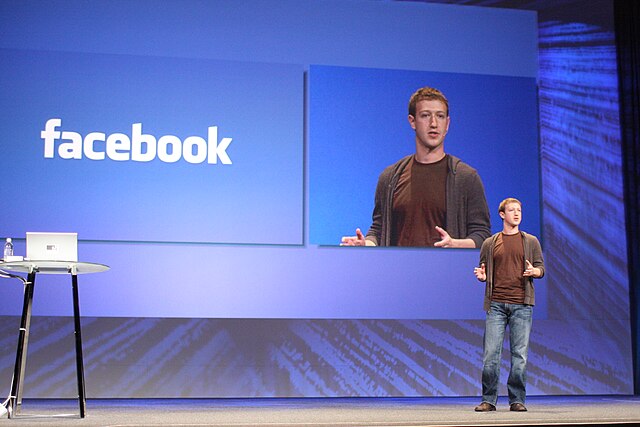Over 3.5 billion people actively use Facebook monthly as of 2023, making it the undisputed most popular social media platform globally. At this immense scale, Facebook grapples with various forms of misuse — false identities, spam bots, foreign influence operations, prohibited content sharing, targeted harassment, and scams.
To combat these issues, Facebook employs advanced technologies like artificial intelligence, machine learning models, natural language processing, computer vision, and human content moderators. However, the company realized accurate identity validation for a subset of high-reach accounts is crucial for systemic trust and safety.
Thus, Facebook introduced its Identity Verification program requiring indisputable documentation of authentic identity for accounts meeting certain criteria.
Why Facebook Employs Identity Verification
The main motivations behind Facebook requiring identity confirmation for qualifying profiles are:
- Preventing coordinated inauthentic behavior: By validating identities behind influential accounts, complex false information and propaganda campaigns become much harder to orchestrate unseen.
- Increasing accountability: Public figures and brands distributing information to wide swaths of users must clearly stand behind their claims and content with verifiable identities.
- Maintaining advertising integrity: As most of Facebook’s revenue relies on advertising, documented identities prevent obscurance of sponsors and sophisticated ad fraud.
- Facilitating crisis response: Flow of emergency information and critical safety communications must originate from validated responders to ensure localization and prevent hazardous misinformation.
Who Needs Their Identity Verified?
Facebook applies specific criteria to determine which accounts obligatorily undergo identity confirmation given the extra work involved for users and review teams:
- Public figures with substantial audiences including government officials, journalists from news publishers, spokespeople from noteworthy organizations, and licensed medical practitioners.
- Users who have previously violated Facebook guidelines severely or repeatedly, indicating higher risk of future abuse at scale.
- Accounts showing sudden spikes or irregular rates of distribution to wide networks, typical signals of coordinated campaigns.
- Pages and profiles driving significant visitor traffic to external sites, holding higher influence over public information flow.
What’s Required for Identity Verification on Facebook?
To complete identity validation, designated account owners must submit high-integrity documentation conclusively proving who operates the profile:
*Government-issued photo ID: Documents like domestic passports, driver’s licenses, national identity cards, or alien registration cards confirming full legal name, birthdate, nationality, address, signature, photo image, and ID number.
Proof of connection to entity represented: Public figure accounts must include credentials definitively illustrating their declared affiliation like official letterheads for elected politicians and journalists or medical licensing for practicing doctors.
Video selfie for biometric checks: Facebook’s AI matches account holders to their verified IDs via computer vision, ensuring consistency in likeness. Voice verification will soon bolster protection against deep fakes.
##What Happens After Identity Confirmation? Once Facebook finishes scrutinizing submitted documents and biometric video selfie checks for an account, a few things occur:
- Blue check badge activated: Recognizable indicator applied so followers understand a verified identity stands behind content.
- Access restored: Previously limited accounts regain full functionality after investigations complete if no violations emerged.
- Extra security precautions: Additional monitoring, audits, distribution throttling, and demotion transparency apply continually to verified profiles given their added influence.
- Secure credentials established: Validated accounts facilitate access across Facebook’s family of apps including Instagram, Messenger, WhatsApp and future services by confirming user legitimacy.
While the Identity Verification process places extra demands on designated accounts, Facebook designed it to balance public safety with user experience. Proactively self-validating helps avoid jarring access revocations if an account ever triggers review status. For most profiles, Facebook’s combination of AI defenses and community standards protects the network sufficiently without ID checks. But for influential entities like brands, causes, journalists, governments, and experts, Facebook ensures integrity via its groundbreaking identity validation safeguards.
Title image credits: (CC) Brian Solis, www.briansolis.com and bub.blicio.us. Feel free to use this picture. Please credit as shown. Hosted on Wikimedia.
